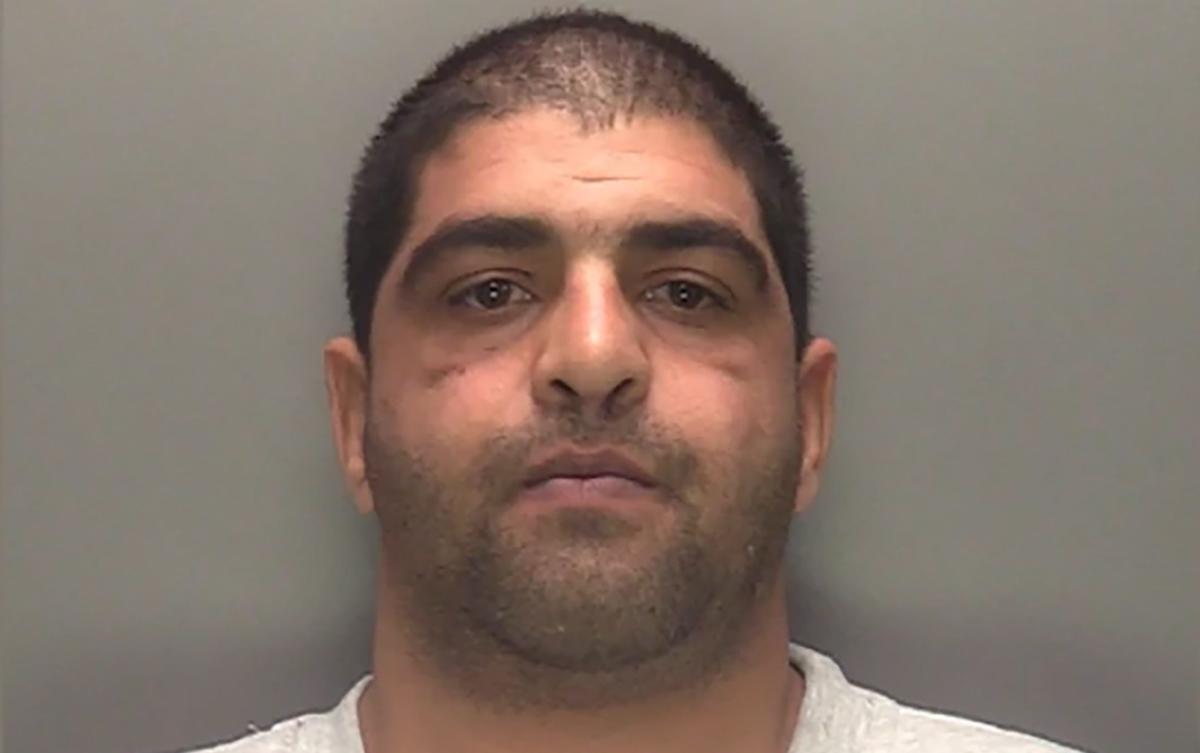A judge has blamed Brexit for a more lenient sentence on a Bulgarian sex offender who carried out a string of daytime attacks on lone women.
Judge Simon Hirst said omissions in the Brexit agreements meant he could not take into account previous sexual offences committed by 32-year-old Ali Hasan Ali in his native Bulgaria.
This prevented him from classing Ali as a dangerous offender and handing down a longer extended sentence because the attacks in Britain took place after the UK’s withdrawal from the EU. Instead, he had to give him a “determinate” jail sentence of 18 months, which means he will serve just nine months in prison before being deported.
“The Government plainly did not consider that aspect,” he said.
Ali arrived in Britain with his family after being released from jail in Bulgaria in December last year following three convictions for sexual assaults on children in his home country.
The attacks included the use of a knife and threats to children to force them to undress, the court was told. However, within three weeks of his release from jail in Bulgaria, he began his attacks in the Lincolnshire town of Boston.
‘Kissing and moaning noises’
The first was on Jan 10 when Ali came out of his new home and exposed himself to a female postal worker who was making deliveries.
A second woman was also sexually assaulted on two different occasions as she walked along the same road. David Eager, prosecuting, said Ali again exposed himself and was heard making “kissing and moaning” noises. It left his victim feeling frightened and intimidated.
Two other young women were sexually assaulted by Ali as they walked near Boston College.
On Feb 28, he fled after being kicked in his crotch by a woman after he thrust himself towards her.
Ali was arrested by police the following day and told officers: “It won’t happen again.”
He was remanded in custody, and a probation report concluded he was not suitable for treatment in the community. In court, he admitted four charges of sexual assault and four charges of exposure between Jan 10 and Feb 28.
‘Overlooked or omitted’
At an earlier hearing, Mr Eager admitted it would “seem incredible” that the previous convictions from his time in Bulgaria could not be used by an English court to protect the public by giving him a longer sentence.
Mr Eager told the court it was an issue that appeared to have been either “overlooked or omitted” during negotiations to leave the EU.
Judge Hirst agreed to adjourn the case at the end of the first hearing after acknowledging “it seems a remarkable state of affairs”.
The Crown Prosecution Service confirmed the court could use the Bulgarian previous convictions to assess dangerousness, but as the case was heard after the UK left the EU, the court could not rely on the convictions to hand down an extended sentence.

